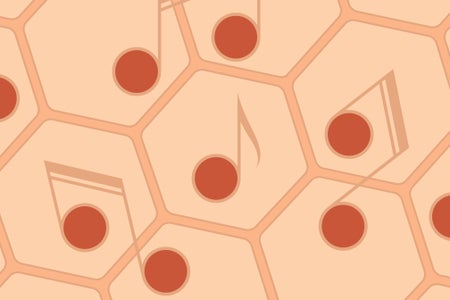
Serenading Cells with Audible Sound Alters Gene Activity
Audible sound can affect gene activity in mouse cells, boosting the attachment of muscle precursors to surrounding tissue and decreasing fat accumulation
Simon Makin is a freelance science journalist based in the U.K. His work has appeared in New Scientist, the Economist, Scientific American and Nature, among others. He covers the life sciences and specializes in neuroscience, psychology and mental health. Follow Makin on X (formerly Twitter) @SimonMakin

Serenading Cells with Audible Sound Alters Gene Activity
Audible sound can affect gene activity in mouse cells, boosting the attachment of muscle precursors to surrounding tissue and decreasing fat accumulation
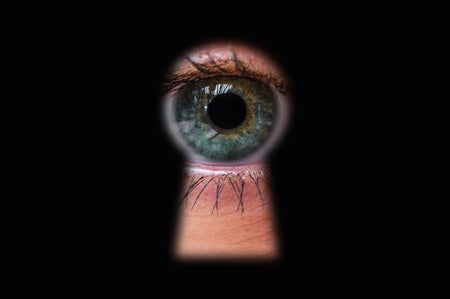
How Being Watched Changes How You Think
We live in an era of constant surveillance. Psychology research shows how this might change how we perceive the world—even unconsciously

‘Artificial Nap’ Could Provide Benefits of Sleep—Without Sleeping
Desynchronizing a monkey’s brain with electricity caused a performance boost
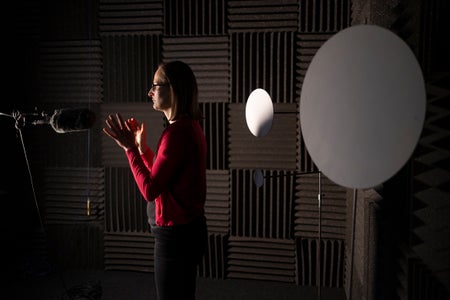
This Professor Is Training the Public to Echolocate
Neuroscientist Lore Thaler speaks about her efforts to make echolocation training more accessible

Making a Pledge Can Encourage Honest Behavior—If the Wording Is Right
Can taking a simple oath make you more trustworthy? That depends a lot on its exact wording
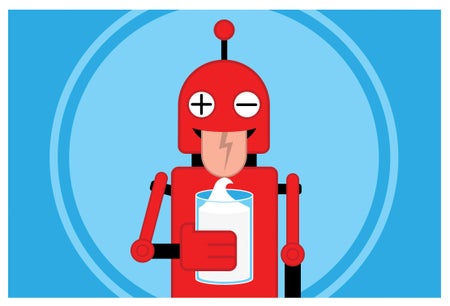
A Sensitive Electronic Tongue Can Taste When Juice Starts to Go Bad
An AI analysis and a chemical sensor determine drinks’ dilution, freshness and type
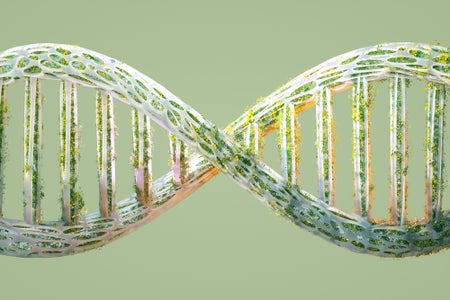
Creating ‘Mirror Life’ Could Be Disastrous, Scientists Warn
Breakthroughs in synthetic biology could create mirror versions of natural molecules, with devastating consequences for life on Earth
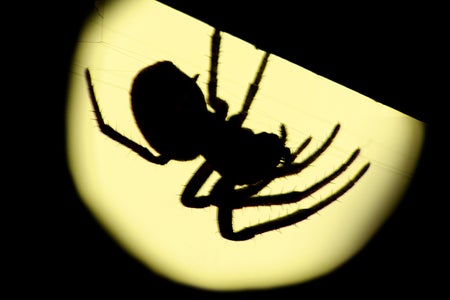
New ‘Unconscious’ Therapies Could Help Treat Phobias
These therapies dampen fears absent direct exposure—no need to be in the room with a live tarantula
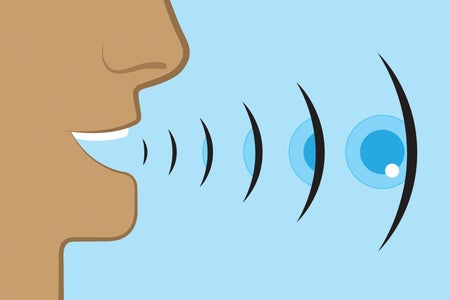
Anyone Can Learn Echolocation in Just 10 Weeks—And It Remodels Your Brain
Human echolocation repurposes parts of the brain’s visual cortex for sound, even in sighted people

Tiny Babies Who Can Smell Their Mother Recognize Faces Better
A smell’s effect on facial recognition is key at first—but decreases as a baby’s eyesight improves
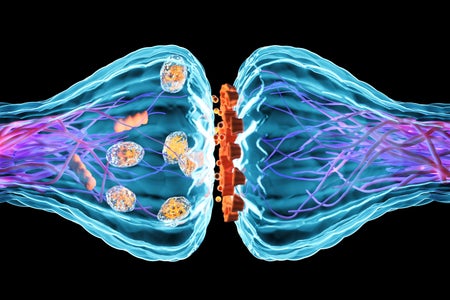
Brain Scientists Finally Discover the Glue that Makes Memories Stick for a Lifetime
A long-running research endeavor reveals key chemical players that cement memories in place—and still more have yet to be discovered

Phantom Costs Explain Why Some Deals Seem ‘Too Good to Be True’
Fear of phantom costs pushes us to avoid “free money” or “too good to be true” offers

Not Everyone Has an Inner Voice Streaming through Their Head
The extent to which people experience “inner speech” varies greatly, and the differences matter for performing certain cognitive tasks
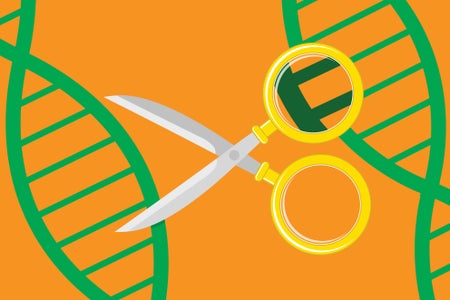
Easy-to-Use CRISPR Tests Could Change How We Diagnose COVID and Other Illnesses
Gene-cutting diagnostic tests could be as easy as a rapid COVID test and as accurate as PCR
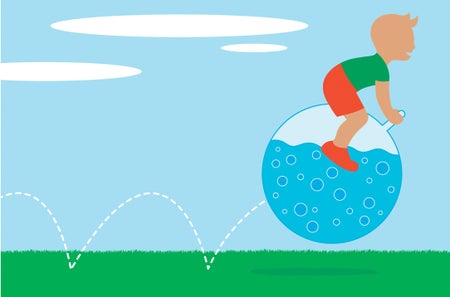
Tiny Spheres Key to Tunable ‘Smart Liquid’
Programmable liquids could aid robot grippers, shock absorption, acoustics, and more
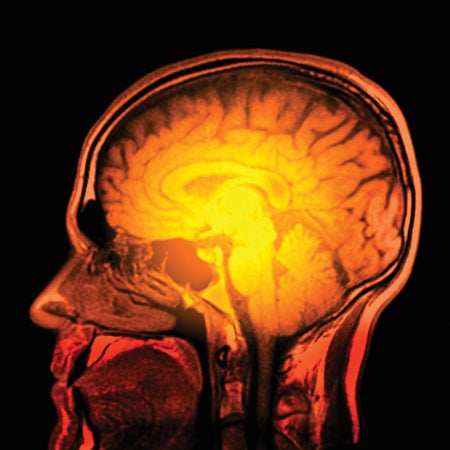
Scientists Discover Extensive Brain-Wave Patterns
Certain brain layers specialize in particular waves—which might aid understanding of neuropsychiatric disorders
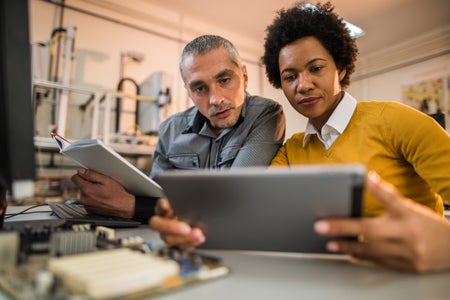
Collaborating in Person May Spark More Innovative Research
Bringing people together virtually doesn’t seem to boost disruptive research
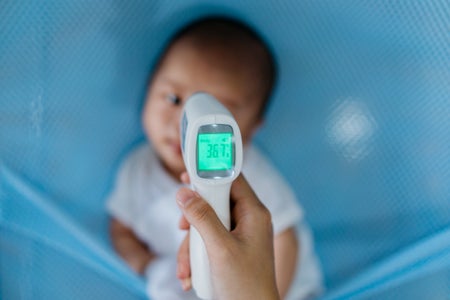
Here’s Why Infants Are Strangely Resistant to COVID
Very young children’s developing immune systems respond to the COVID-causing virus SARS-CoV-2 very differently than do those of adults
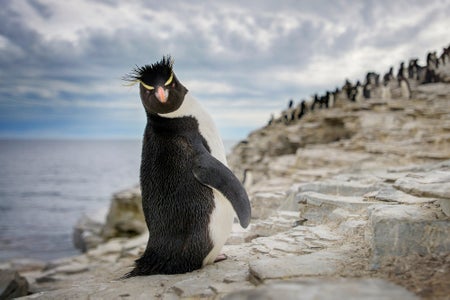
People Have Very Different Understandings of Even the Simplest Words
Distinctive meanings for a word like “risk” can have a big impact on public messaging, especially when it comes to issues like climate change
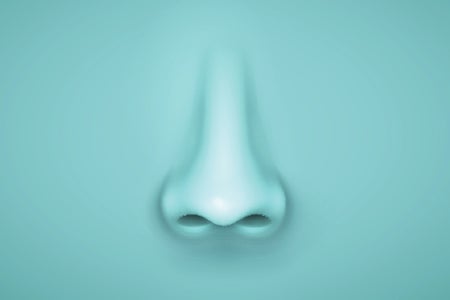
Machine Learning Creates a Massive Map of Smelly Molecules
Scientists can finally predict a chemical’s odor without having a human sniff it
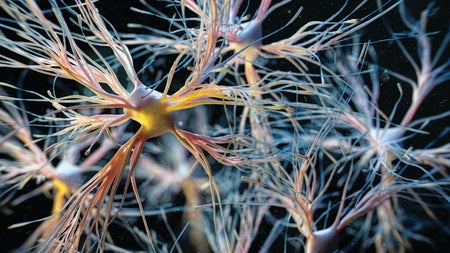
Newfound Hybrid Brain Cells Send Signals like Neurons Do
Some astrocytes, thought to play only a supportive role in the brain, can communicate with neurons
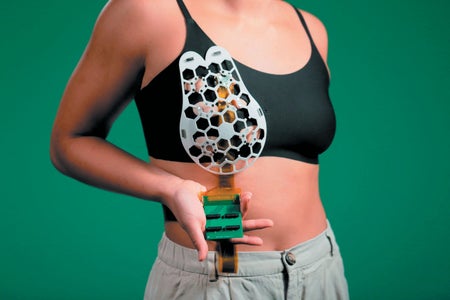
New Portable Breast Cancer Scanner Can Fit in a Bra
Scientists have developed an ultrasound device to detect aggressive breast cancer that may develop between screenings
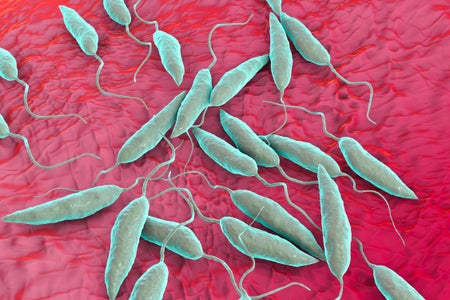
A Nasty Tropical Skin Disease Is Now Endemic in the U.S.
A unique U.S. strain of leishmaniasis has just been reported
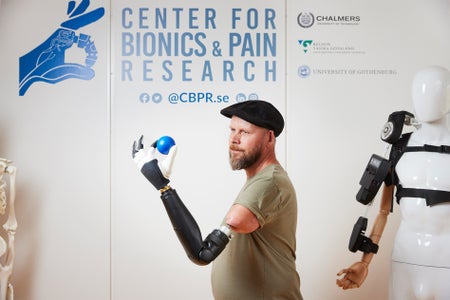
Above-Elbow Bionic Arm Can Control Every Finger
Researchers have created the first nerve-controlled prosthetic hand that can be used in daily life